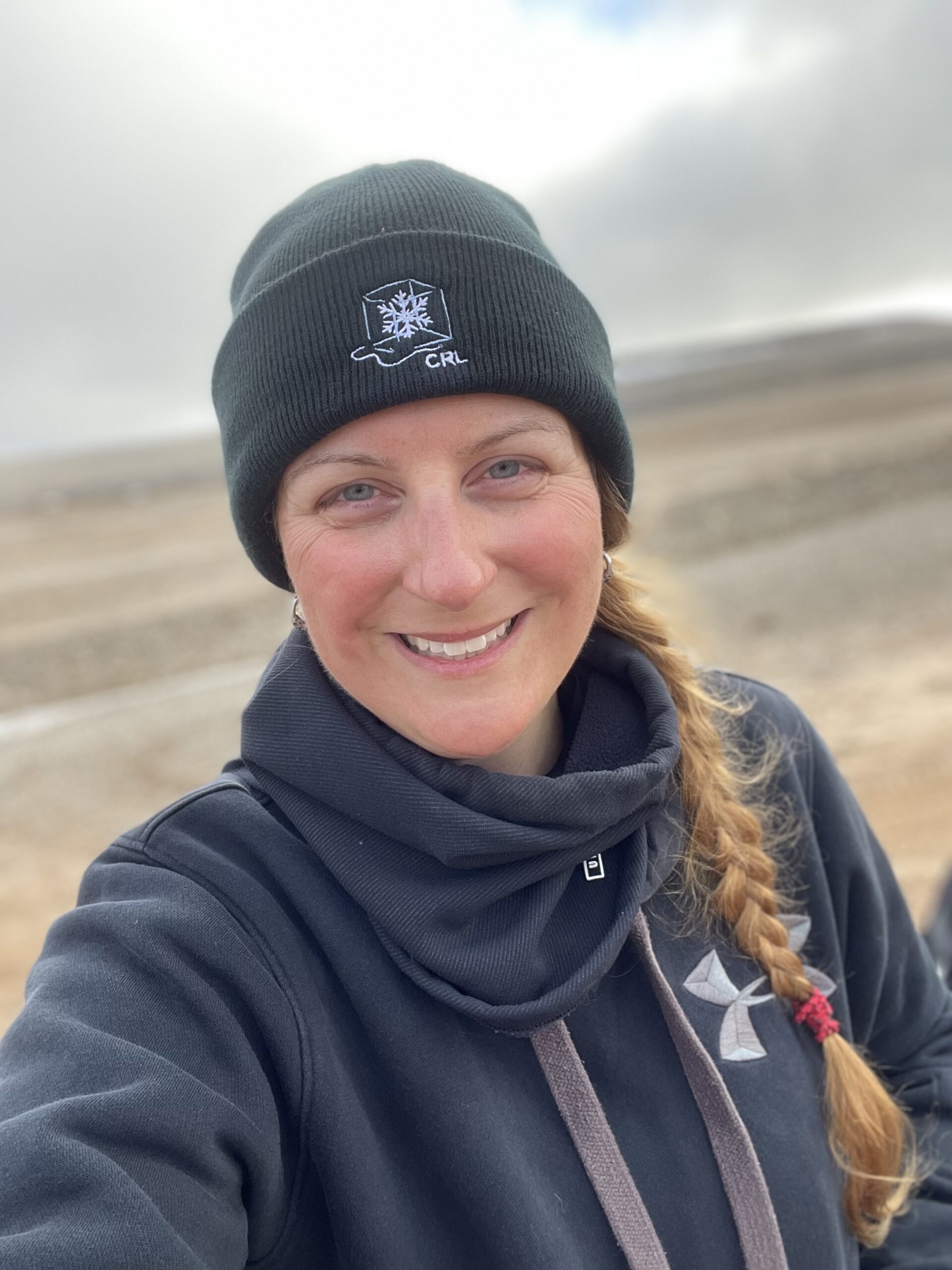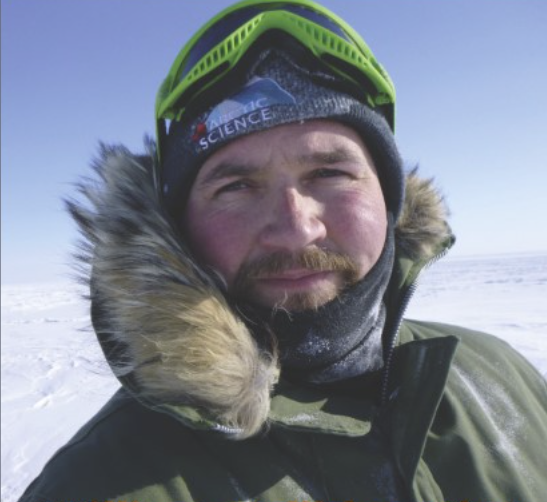35th Annual Cold Regions Conference
Nov 24, 2022| Nov 25, 2022
Venue:
45 Lodge Street
Waterloo, ON N2J 2V5
Canada
And Via Zoom (Register to receive link)
Events this year include
Two days of student research talks
3-minute research synopsis competition
2 Keynote talks including
- Emerging Researcher Keynote,
- CRRC Closing Keynote Speaker,
If you are not submitting an abstract but want to register for 35th annual Cold Regions Conference (i.e., a faculty member, research partner or non-presenting student), please use the link below to register
Days
Key Note Speakers
Presentations
3Min Thesis Presenter
Cold Regions Conference: DAY 1 – THURSDAY, NOV. 24 2022
Session 1: Modelling species and/or habitat distributions
9:15 -9:30 am
Regional muskox density in the Northwest Territories
Charlotte Rentmeister
9:30-09:45 am
Investigating the hydrologic impacts of increasing beaver activity on lakes and streams in the Inuvialuit Settlement Region
09:45-10:00 am
Implications of Beaver Dams on the hydrology of Arctic Watersheds
Jackson Seto
10:00-10:15am
Multispecies modelling of an ecologically intact protected area, Thaidene Nëné Indigenous Protected Area, NWT
Session 2: Snow and Ice Monitoring
10:30-10:45 pm
Changes in the Shallow Firn Layer of Devon Ice Cap, Nunavut between 2011 to 2022
Danielle Halle
10:45-11:00 am
Innovative approaches to monitoring lake snow in Canada’s Sub-Arctic
Alicia Pouw
11:00-11:15 am
Air-snow-ice-water interactions and variability in northern lakes
Arash Rafat
11:15-11:30 am
Using CSA SWOT Lake Altimetry Data to Advance the Understanding and Modelling of Thermokarst lakes and Lake Networks in the Canadian Arctic
Alexander Fogal
11:30-11:45 am
Bulk Snow Density Estimates from Passive Microwave Remote Sensing and Automatic Weather Stations
Jeffrey Welch
Break: 11:45-12:30 pm
Session 3: Disturbance impacts on ecosystems and species
12:30-12:45 pm
The drying of the Arctic and future changes: a case study from the Western Canadian Arctic
12:45-01:00 pm
Post-fire changes in sub-canopy radiation and permafrost degradation at Scotty Creek, NWT, Canada
01:00-01:15 pm
Indigenous Resurgence and Settler Accumulation: a discussion of environmental stewardship & colonial economies
01:15-01:30 pm
A participatory mapping approach to Indigenous Protected and Conserved Area monitoring and management in Sambaa K’e First Nation, Northwest Territories, Canada
01:30-01:45 pm
Effect of Rare Earth Elements Nd, Pr and Y, Individually and in Mixtures to Daphnia magna
02:00-02:15 pm
Characterization of growth and the GH-IGF1 pathway in juvenile mummichog (Fundulus heteroclitus) exposed to ammonium chloride
Break : 03:00 – 03:10
Three-Minute Talks
03:10– 04:15pm
Break: 02:00-03:00 pm
Three-Minute Talks/h6>03:10-04:15 PM
Break: 04:15-04:30pm
Keynote: 04:30-06:00pm
Social at Wilf’s: 06:30pm
Cold Regions Conference: Days 2 – FRIDAY, NOV. 25 2022
Arrivals and registration: 8:30-9:00
Day 2 Welcome and opening remarks: 9:00-9:15
Session 4: Hydrology & Water Quality
09:15-09:30 am
Pairing isotopic and direct measurements to capture both dimensions of a water balance
Evan Wilcox
09:30-09:45am
Future climate may enhance arsenic release from mining pollution-affected peatlands near Yellowknife, NT
9:45-10:00 am
An integrated framework for monitoring water quantity, water quality and contaminant deposition at lakes across the Peace-Athabasca Delta (Alberta, Canada)
Laura Neary
10:00-10:15 pm
Hydrological and limnological trajectories of shallow lakes in a northern delta over space and time since 2015
Arisha Imran
Break: 10:45-11:00
Session 5: Remote Sensing of Cold Regions
11:00-11:15am
The Role of Climate Change on Algal Biomass
Michael Dallosch
11:15-11:30am
Monitoring Lakes Surface Temperature in the North Slave Region, NWT using remote sensing
Gifty Attiah
11:30-11:45am
Passive Microwave Sea Ice Edge Estimation over the Eastern Canadian Arctic
Armina Soleymani
11:45-12:00am
Snow Observations from Above: Mapping Spatial Heterogeneity of Snow for Polygonal Terrain using Drones
Branden Walker
Launch: 12:00-13:00
Working with Indigenous Communities workshop: 13:00-14:45
Break: 14:45-15:00pm
Keynote: 15:00-16:30pm
Keynote: Conservation of Arctic Marine Mammals in a Noisy Ocean William Halliday, Wildlife Conservation Society Canada and University of Victoria
Speakers
Meet Our Key Note Speakers

Dr. Laura Brown
Associate Professor, Department of Geography, Geomatics and Environment
Title: “How did I get here?”
I was sitting on Bathurst Island in the High Arctic last summer, having a break from data collection, eating lunch on the tundra with my team of graduate students and pilot – I should probably have been thinking about something scientific, but instead, I was marveling at the amazing landscape around me pondering happily ‘how in the world did I get here??’. Join me to hear about how I adjusted from an early career researcher to a PI: things that went well, things that definitely did not go well, and interesting science things I learned along the way!

Dr. William Halliday
Conservation Scientist, Arctic Acoustics Program Lead, Wildlife Conservation Society Canada and Adjunct Assistant Professor, School of Earth and Ocean Sciences, University of Victoria
Title: Conservation of Arctic Marine Mammals in a Noisy Ocean
Abstract: Arctic marine mammals are facing multiple concurrent threats caused directly and indirectly by climate change. Not only are marine mammals facing habitat loss and ecosystem changes due to a reduction in sea ice, but they are also facing increased human activity, including increased underwater noise. In this presentation, I will discuss my research program, which focuses on 1) monitoring Arctic marine mammals and their exposure to underwater noise; 2) measuring the impacts of underwater noise on Arctic marine mammals; and 3) examining management and mitigation strategies for reducing underwater noise exposure to Arctic marine mammals.
Countdown to 35th annual Cold Regions Conference
Day(s)
:
Hour(s)
:
Minute(s)
:
Second(s)


